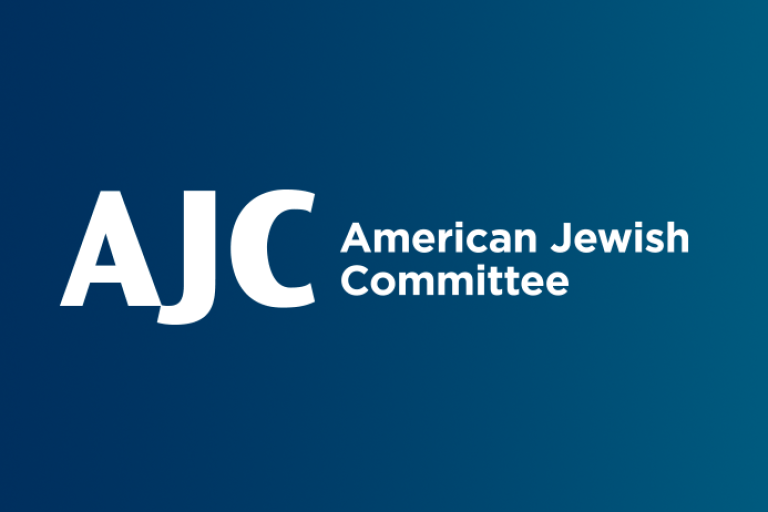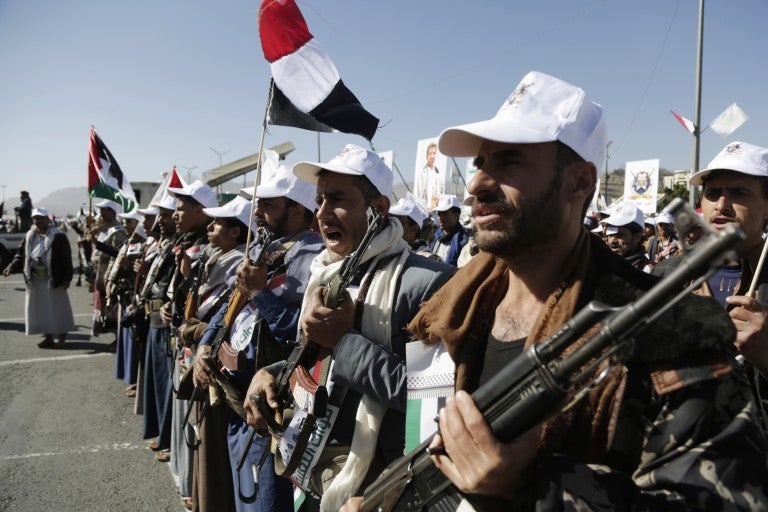July 19, 2014 — New York, New York
AJC welcomed the limited extension in the P5+1 nuclear talks with Iran announced early today in Vienna.
“Iran’s pursuit of nuclear weapons capability poses profound risks to global peace and security, and must be blocked by every effective means,” said AJC Executive Director David Harris. “In the context of continued, and biting, financial, energy, and other targeted sanctions – and readiness, as a last resort, to take military action to prevent the preeminent state sponsor of terrorism from acquiring nuclear weaponry – a limited extension of the negotiations makes sense."
“The preferred option to relieve the Middle East and the world of the threat of Iranian nuclear capability is a diplomatic one. While we remain doubtful that Iran will relinquish its military nuclear ambitions, we recognize that the P5+1 diplomatic process has resulted in, among other things, more extensive inspections of the Iranian program, as well as the dilution of highly-enriched uranium stockpiles. Thus, it is worth continuing to pursue for a limited time.”
In the agreement announced today by the P5+1 powers – the United States, the United Kingdom, France, Germany, China and Russia – and Iran, the six-month negotiating window, set to close on July 20, 2014, would remain open for an additional four months, to Nov. 24. The original P5+1 “Joint Plan of Action” with Iran provided for a possible six-month extension.
"That the extension is for only four months, not the full six months, sends Tehran an important message -- be warned that our patience is not infinite," Harris noted.
According to senior U.S. officials with whom AJC met yesterday in Washington, the existing sanctions on Iran would remain in effect throughout the four-month period, with Iran gaining access to $2.8 billion in oil revenues locked in restricted international accounts. More than $100 billion of Iranian oil assets have been frozen. The Joint Plan of Action initially freed $4.2 billion of those funds in exchange for Iran's agreement on inspections, dilution of its 20 percent stockpile of enriched uranium, and other concessions.
“It is essential that sanctions against Iran, which were adopted by Congress, successive administrations, and our international partners – and which were the reason Iran came to the bargaining table to discuss its illicit nuclear program – remain fully in place,” Harris concluded. "Iran's hope of finding a way around the sanctions, or driving a wedge in the international community regarding the issue, must not succeed."
“As talks proceed, we urge the administration to keep Congress fully informed. We, and all who recognize the danger posed by a nuclear-armed Iran, will be monitoring developments very closely.”


